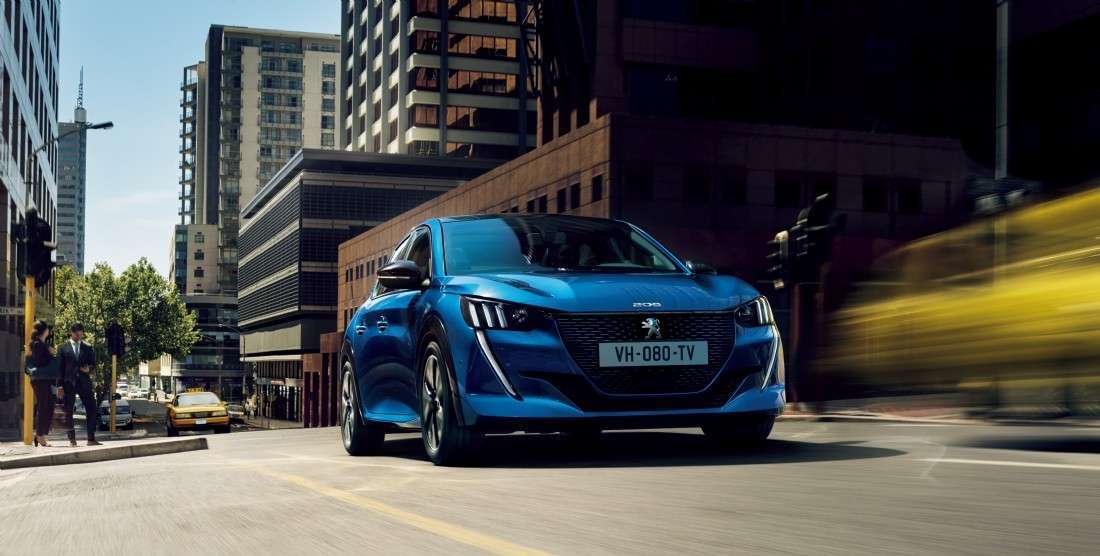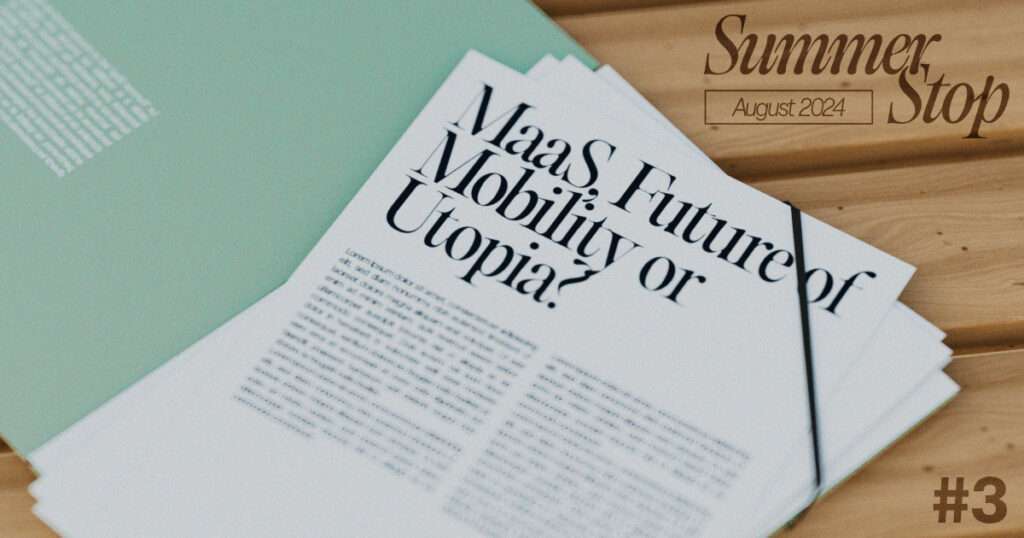Following on from our article “The importance of innovative solutions for car sales”, we have identified a promising solution that could help carmakers stand out from the crowd… At a time when mobility is seen as a service, the concept of MaaS (Mobility-as-a-Service) is becoming increasingly popular. This offers users the possibility of choosing the most appropriate mode of transport for their journeys, thereby optimising their travel. Although at first sight it may appear to be a threat to the car industry, this concept actually presents a real opportunity… And the German manufacturer Mercedes has already understood this…
Read more: Mercedes Pay+: when your vehicle acts as a payment terminal
Integration of a mobility platform directly into vehicles
At the end of the 2000s, GPS units enjoyed a boom, but these tools were abandoned in favour of free navigation applications such as Waze and Google Maps. The reason for this is that the latter offer additional functions and reliable information that traditional GPS services do not. To compete with these services, an increasing number of car manufacturers are integrating connected tablets into their vehicles, allowing users to download applications… Volkswagen is one example, with its “We Connect” offer that lets you connect your smartphone to your vehicle. However, by integrating a MaaS offering directly into vehicles, carmakers could encourage intermodal mobility and offer an all-in-one experience…
Read also: How can manufacturers reinvent themselves thanks to MaaS?
A driver-centric approach to MaaS
Current mobility applications focus primarily on public transport users. Although the concept of MaaS (Mobility as a Service) was designed to encourage a modal shift from the car to other modes of transport, this exclusive focus on public transport often leaves motorists and their needs by the wayside. By integrating MaaS applications into vehicles, players in the automotive industry could incorporate door-to-door intermodal journey planning that includes the private car, as well as complementary services such as parking and charging points. This innovative vision would meet motorists’ expectations while facilitating more flexible mobility. A service that would enable them to stand out from the competition thanks to a personalised and comprehensive offering. However, watch out for Mercedes, which got a head start at the beginning of 2023 by extending integrated parking payment to its vehicles in Europe.
Lyko: the turnkey solution
Such a project is entirely feasible thanks to Lyko’s suite of APIs. It covers all mobility needs, particularly those of motorists. By adopting this solution, carmakers can not only meet the expectations of modern consumers, but also position themselves at the forefront of urban mobility, transforming the MaaS challenge into an opportunity for growth and market differentiation.





